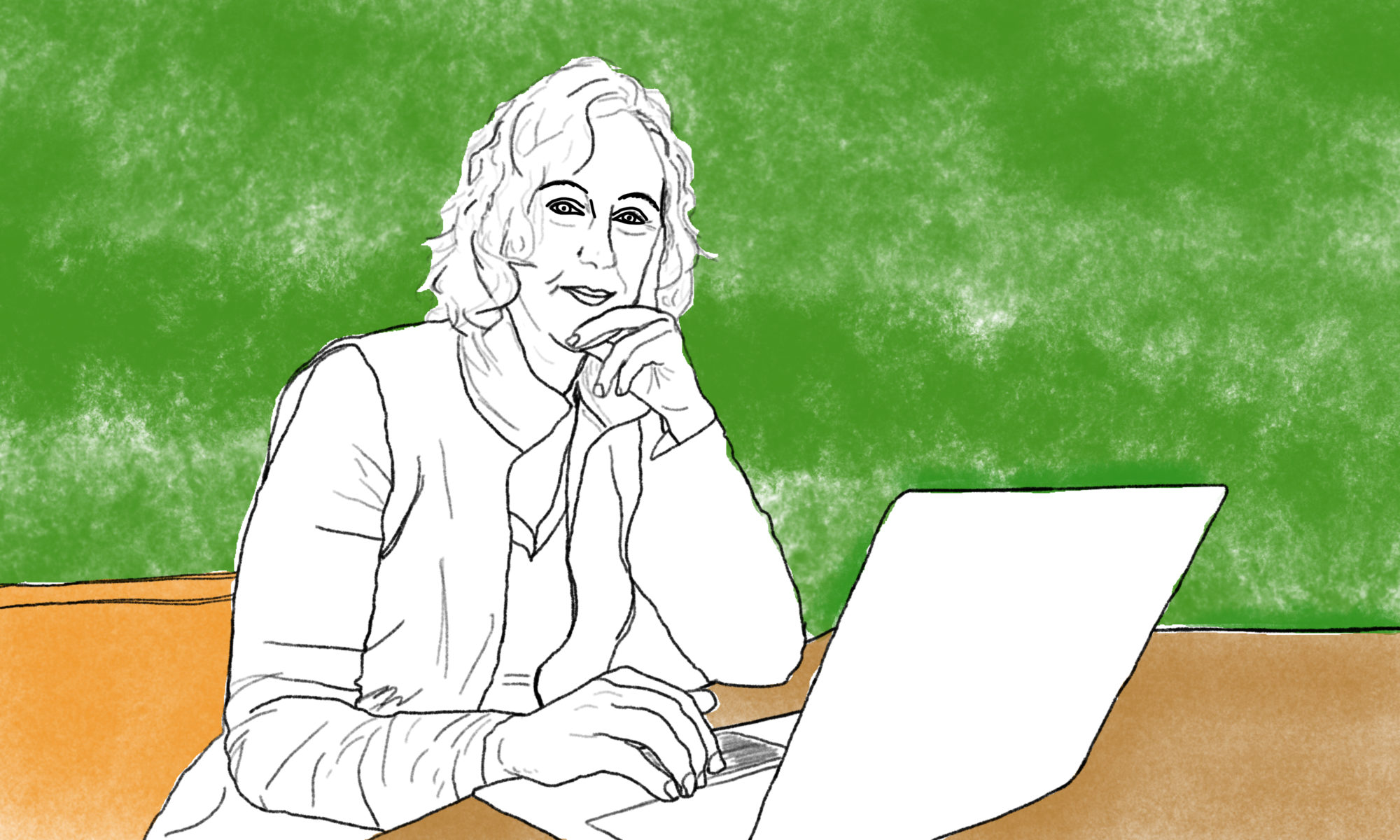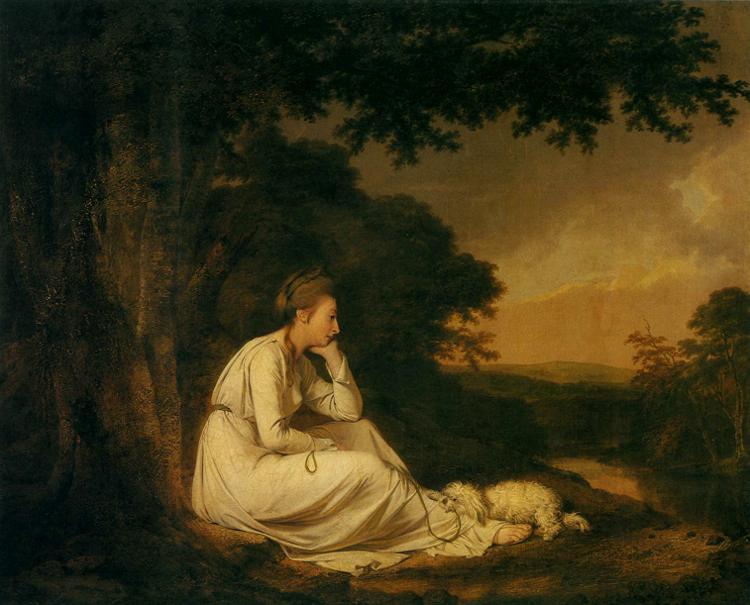Well, you definitely wear your heart on your sleeve.I often hear this remark. They don’t say the words ‘too much’ out loud, but most of the times they think them.
Showing emotions is often seen as a weakness. Especially in a professional setting. At the same time, you can defend the proposition that ‘being happy’ is one of the overarching human ambitions. Everyone wants to lead a happy life. How is it possible that we look down on emotions in this way on the one hand, while on the other hand we devote a large part of our lives to pursuing them?
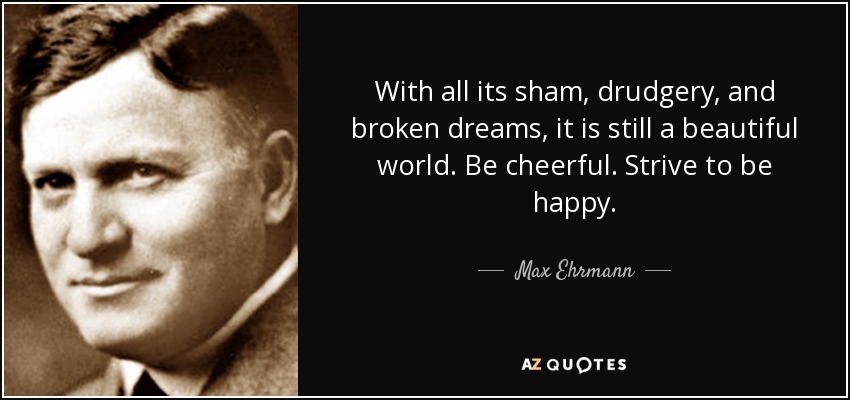
In my upcoming blog I want to answer three questions that are related to this:
- What are emotions?
- Are emotions worse than reason? Or is it the other way around?
- How do we make emotion and reason work well together?
Today we will stick with the first question: what are emotions? Because although everyone intuitively ‘knows’ what the word means (haha), it is not so easy to define what an emotion is. Some say emotions come from your heart, or from your lower abdomen. Others say (cynically or not) that all our behaviour, including our emotions, is controlled by our brains. Emotions are actually the same as reason, but on automatic pilot.

Yet that’s not the whole answer, because the autopilot in my head keeps me breathing. And that I swallow, blink and all continue to perform other automatic functions. Invisible, imperceptible, but also – that’s how we notice when something doesn’t work anymore – indispensable. But however indispensable, those automatic functions of our head are not emotions, while we can say that emotions are automatic functions of our head. What makes emotions special and different?
The best definition (according to Joshua Green in the book Moral Tribes) is: emotions are automatic functions that spur us into action. Sounds still very clinical and doesn’t sound ’emotional’ much, doesn’t it? But if you chew on it for a while, it seems to kinda work. Take fear, for example. An emotion that immediately calls for a ‘flight or freeze’ action. Or love. Or anger. All automatic functions of our brain, and they all call to action to a some extent.
The combination of automatic function and action becomes clearly visible when you see how our body reacts to a number of emotions. See this still from the course ‘Empathy and Emotional Intelligence at Work‘ by BerkleyX (via EdX).
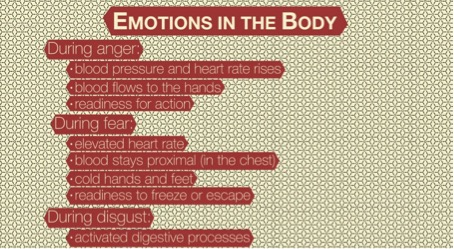
Emotions are automatic functions of our brains that evoke action. But why? Why do we have them? Do they have a purpose? Or at least did they have a clear purpose when we came up with them? According to Joshua Greene, the creator of the mentioned definition, emotions have a very clear purpose: they facilitate the transition from ‘me’ to ‘us’. As a species, humans are unique in their capacity to work together. As a species, we can come across the ‘tragedy of the commons’ – a classic sociological dilemma. Other species can’t do this, or at least can’t do this as good as we can.
So what is the ‘tragedy of the commons’, and how do emotions help? The tragedy is a classic collaboration case: in a village there is a large meadow. Cows can be kept there. Every inhabitant can let his or her cows graze there, the meadow is a commonly owned piece of land. How does the village ensure that the field is not too full with cows and all the grass gets eaten?

This case is an important basis for many collaboration theories. The role of emotions in all these theories, according to Greene, is that emotions are a very quick way to execute the rules of the collaboration theories. Think of fear or anger when you see a stranger letting his cow eat on your territory. Think of the affection you build as a community, which makes you more likely not to secretly keep too many cows on the pasture as an individual. Emotions are very quick and effective ways to make a group work together.
What is difficult about these emotions is that to do that they have a preference for ‘us’. That is, we read emotions much more easily from people who look like us than from people who don’t look like us. even worse, our ‘alert’ emotions (suspicion, distrust) are triggered more quickly by people with characteristics that visibly distinguish them from the group we belong to. Think of people with an opponent’s football outfit. Or think of how alert you are when you meet someone in the street at night who you do not recognize, opposite how you feel when you meet a n neighbor. These reactions, these emotions, are instinctive and automatic. To create a ‘us’, to make people feel like they are part of a group, our emotions needed a ‘them’. A counterparty. An antagonist.
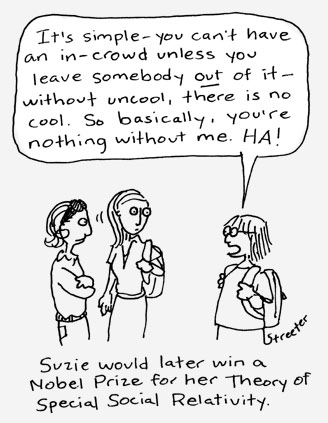
The question is what the implication is of this somewhat overlong definition of emotions. Are emotions our salvation or our downfall? Are they what makes us good collaborators or distrustful racists? Should we suppress our emotions in favor of our ratio? Or should we embrace our instincts?
Next blog, I will go into these follow-up questions in more detail.
